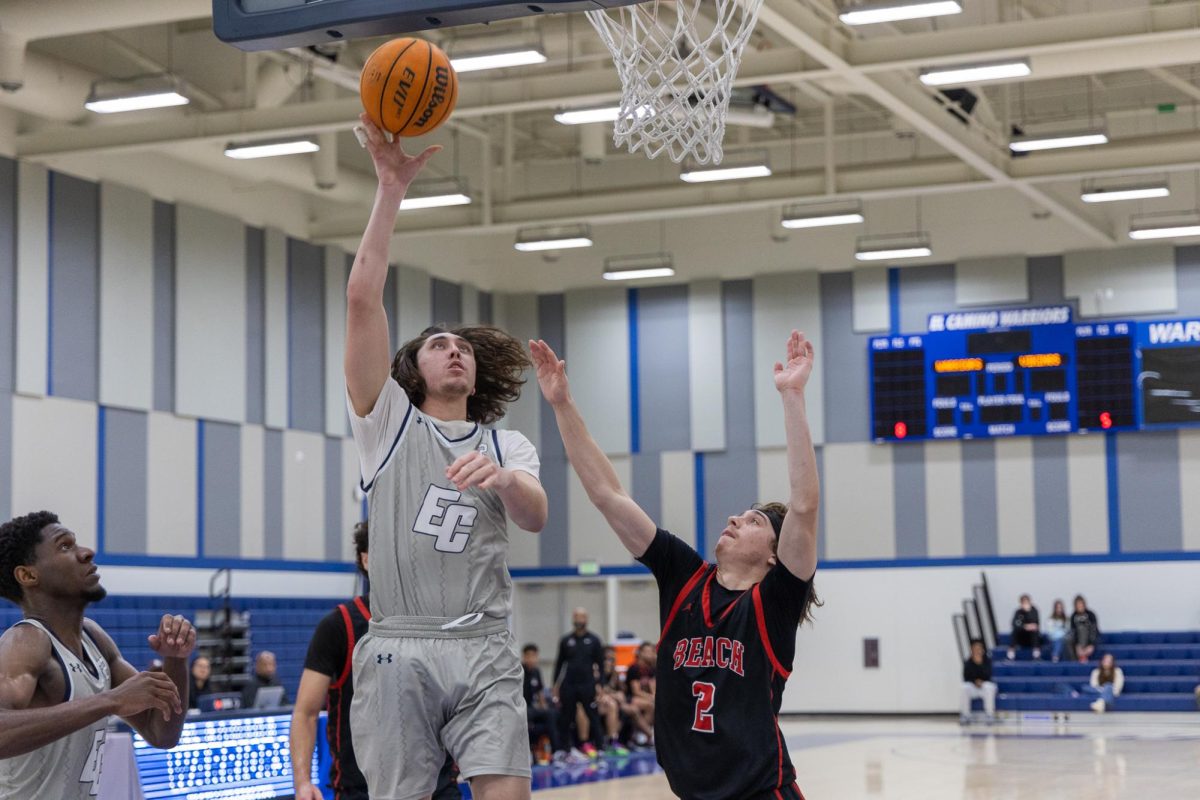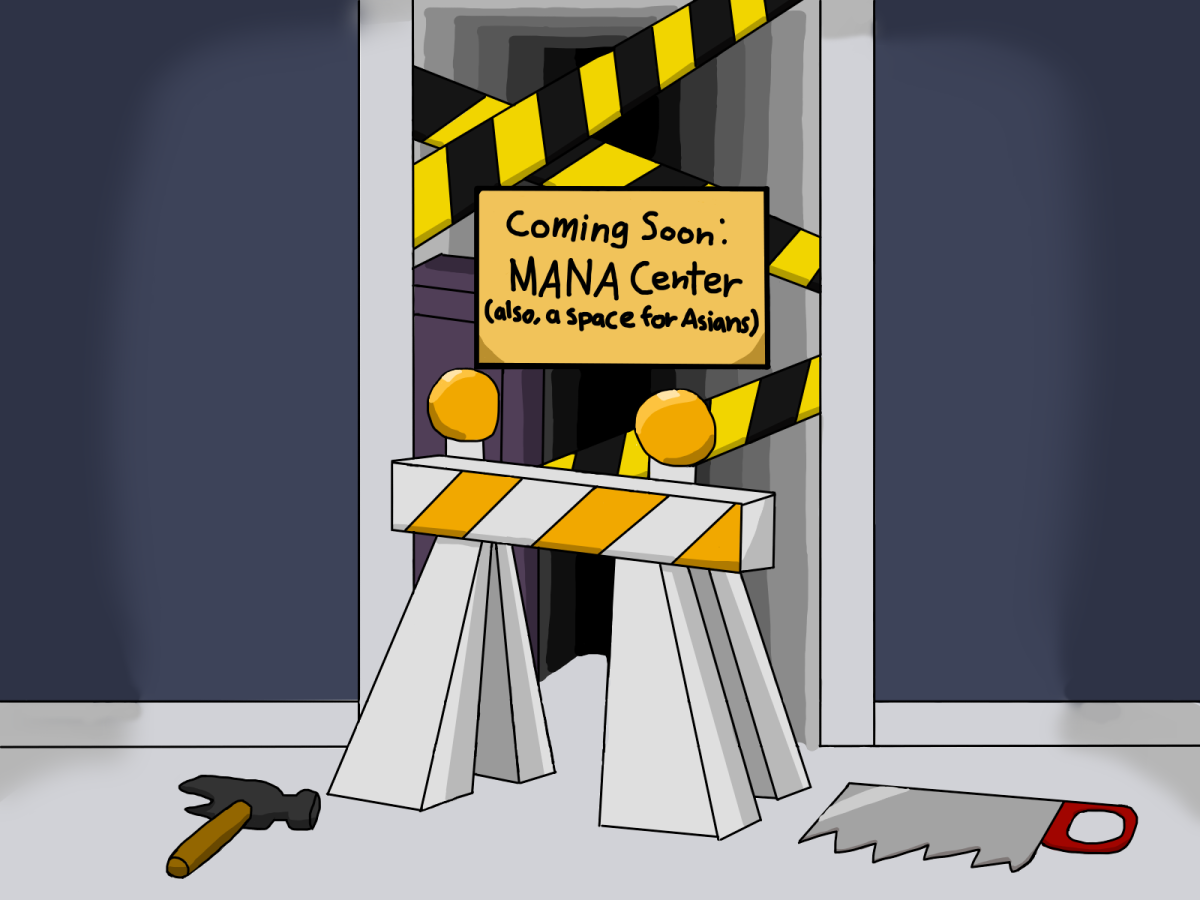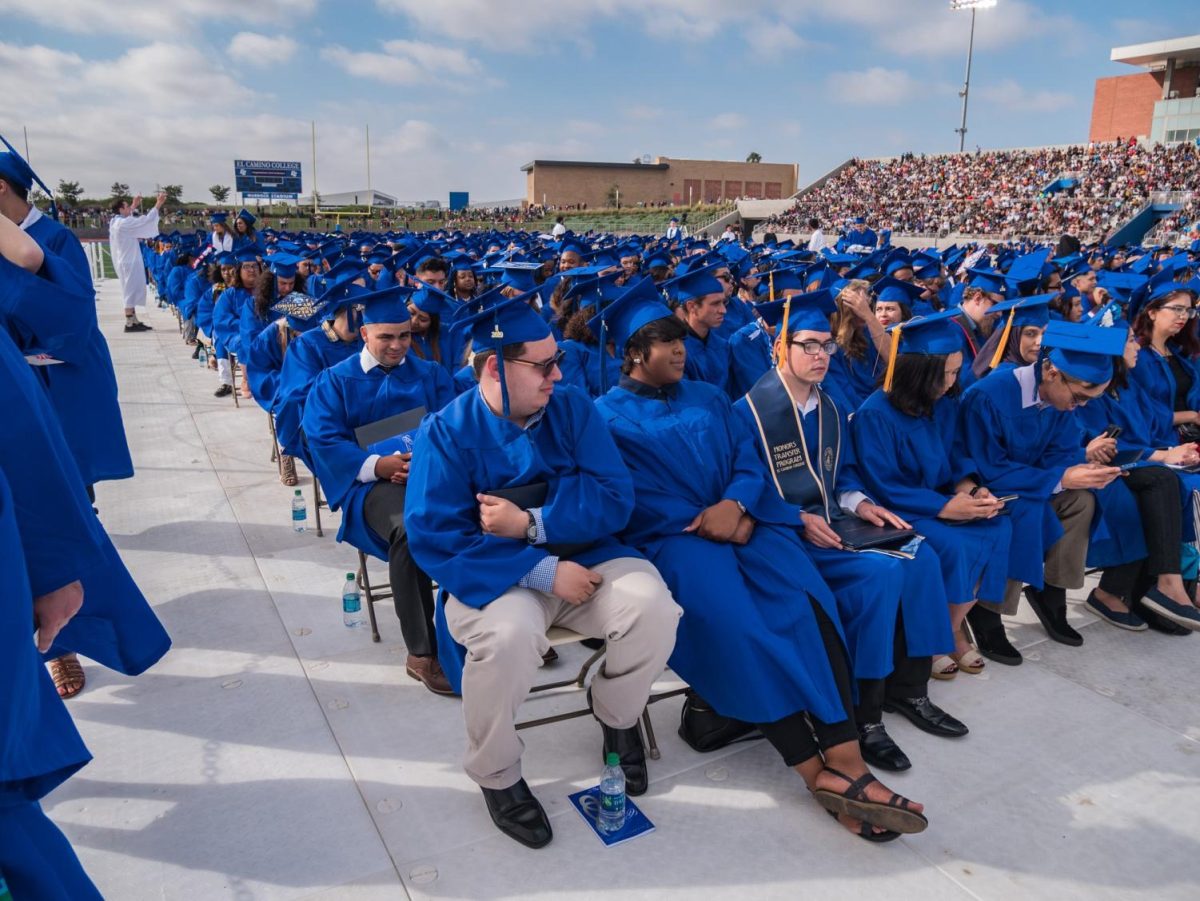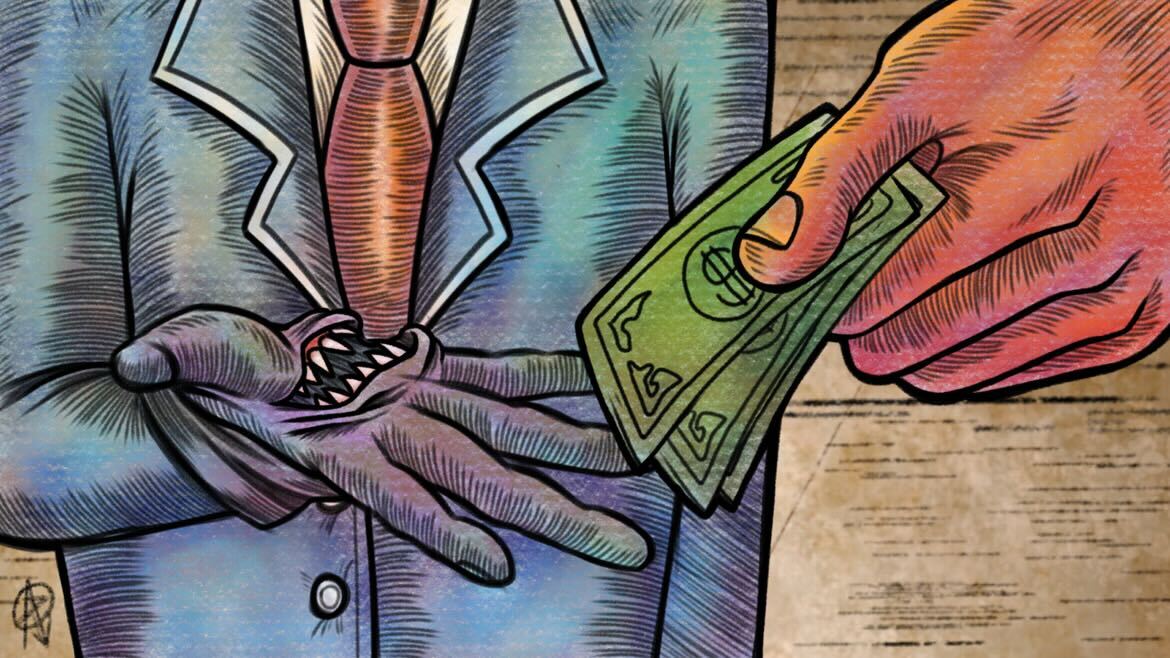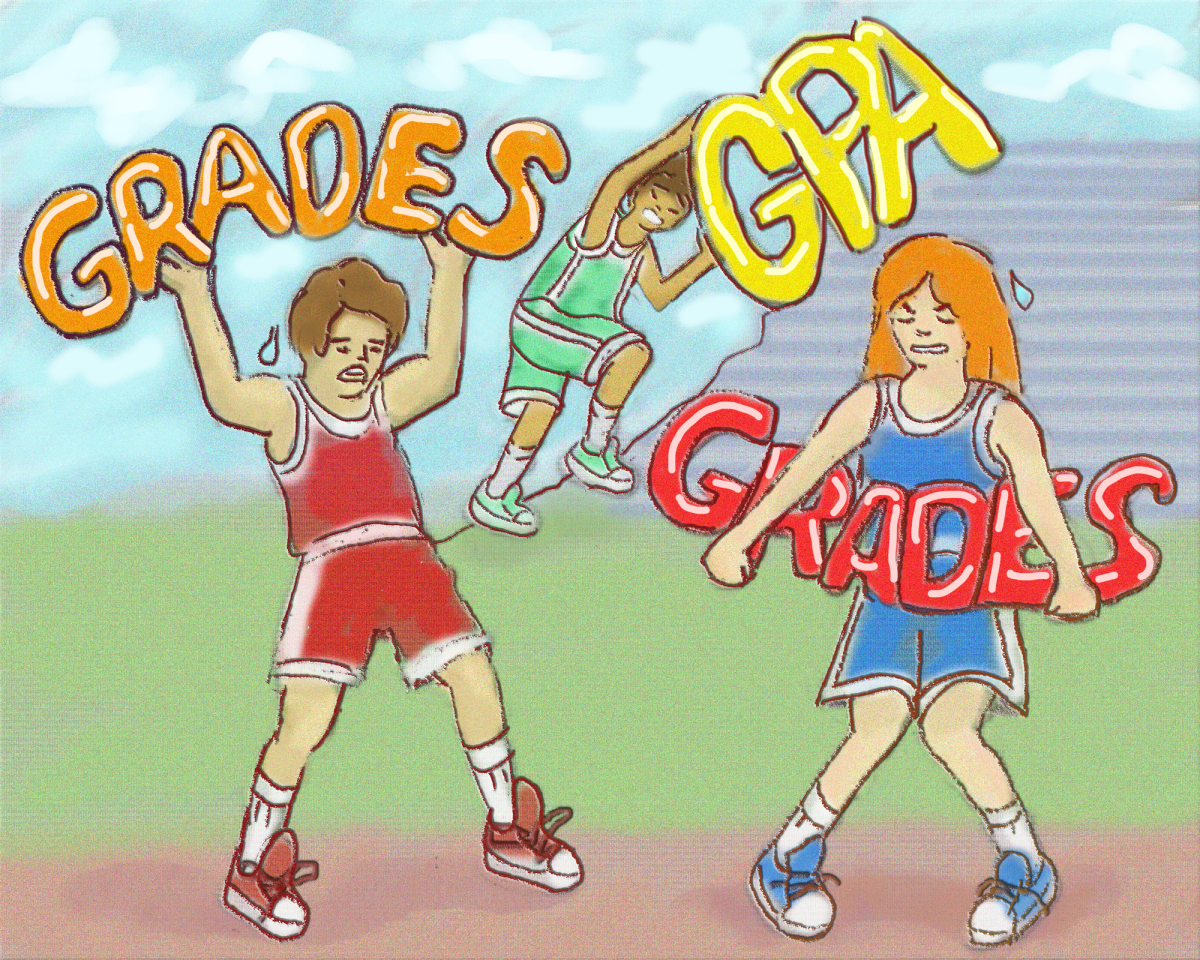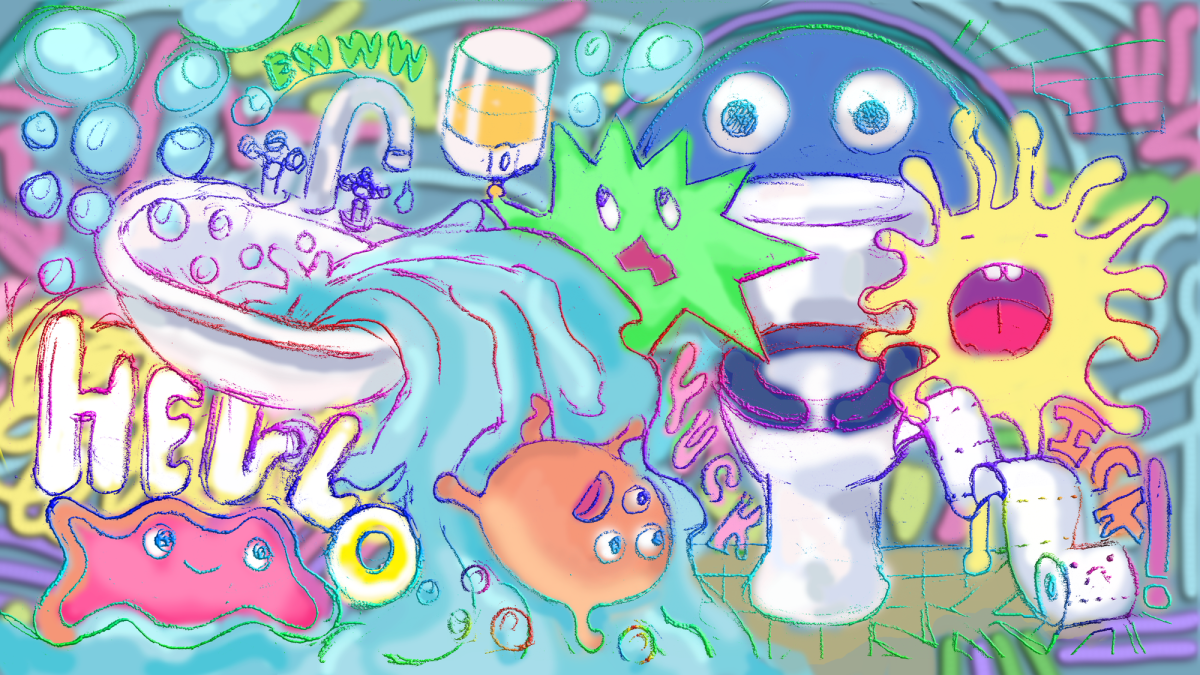On the Friday night of April 24, El Camino College alum Mel Brian Patron became the victim of a racial-based hate crime in the city of Pasadena, CA while taking a walk with his wife.
As they headed towards a crosswalk, a motorcyclist in traffic quarreled with them before they continued to cross. The motorcyclist had passed, but then made a U-turn to return near the two. The motorcyclist then began riding his bike onto the sidewalk, approaching the couple and cornering them into an empty alcove along the sidewalk.
After noticing Patron was Asian American, the motorcyclist proceeded to yell racial slurs at him, also claiming that Patron was responsible for the coronavirus outbreak due to his race. Patron and his wife filed a police report that same night with the Pasadena Police Department.
Two days later, on April 26, Patron made a post on Facebook about the incident including details about the verbal attack, a picture of the motorcyclist, a video of Patron explaining the situation and short footage of the motorcyclist driving away.
“My wife and I were on a walk in our neighborhood and we were about to cross the street a couple blocks down and we saw this motorcycle coming so we stepped back. He drove by and was yelling at us, I think he thought we were gonna cross and, I don’t know, it made him mad or something. So he was yelling at us and we crossed the street and then we noticed that he turned around, he made a U-turn. My wife asked me, ‘Do you think we’re safe?,’ and I said ‘I’m not sure,” Patron said.
The motorcyclist was obviously aggressive to begin with, but once he noticed Patron was Asian, the situation continued to escalate.
“He was just blocking us off there and was yelling at us, and then he saw I was Asian and was just like, ‘You Asian mother effer, eff you, you brought this Chinese virus here, you motherfucker.’ My wife was able to flag down a car, and when the car pulled up, that’s the thing that really scared the guy away. So I took my phone out and tried to film him. Then he drove off screaming out, ‘You effin Asian prick!’ We’re just thankful for that car that stopped. And we just called the police after that,” Patron said.
I reached out to Patron, who spent three years at ECC— from the fall semester of 2002 until around the spring semester of 2006, in hopes of bringing awareness to the racism that many Asian folks have been faced with amidst the coronavirus pandemic. However, this pandemic did not conjure up such hate and discrimination, it already existed.
This pandemic has been used as a vehicle for racism towards Asian American communities, and has even been used by President Donald Trump.
This whole incident was the result something as mundane and normal as two individuals taking a walk throughout their neighborhood. Patron’s recollection of the incident sparked a question within me as I listened to him. How can someone heal from something this traumatic?
“We weren’t sure what he was going to do. We weren’t sure if he was going to physically attack us. We were just trying to prepare ourselves and get ready for whatever,” Patron said.
Racist hatred and potential attempt to harm someone because of their identity is not a one-dimensional issue, and it is unacceptable to simply document someone’s trauma and not give further aid to such a marginalized community.
“…I couldn’t believe that someone would actually do that and try and run us over. And I just thought that he was going to attack physically. I was just trying to prepare myself, protect my wife,” Patron said.
Since he and I first spoke on the phone in the early morning of May 16, the shooting of Ahmaud Arbery became viral. After speaking to Patron more than once and absorbing his spoken words of memory, the way he coped after the incident extremely resonated with me.
“Well, my work actually allowed me to take a few days off. Just so that we could process, and they even referred us to a counselor who helped us process. My wife and I, we just talk about it a lot and sort through different feelings of anger, disappointment and outrage. That it’s 2020 and things like this still happen. Even feeling like we were just so protected by God that we weren’t physically harmed. For other people it’s a lot worse. We were walking just like Ahmaud Arbery, and he wasn’t as lucky. Our other Black and Brown brothers and sisters have had it so much worse. It’s just sad that this kind of stuff happens,” Patron said.
I find it admirable that even in the face of oppression and hate, Patron was still able to recognize the similar systematic forms of racism that other Black and Brown communities endure. I feel as if this recognition can allow marginalized communities to come together and provide each other with empathy, comfort and healing. However, it’s obvious that such healing from Patron’s encounter does not manifest overnight.
“Right after it happened, I just had all of this feeling of just overwhelming anger. I asked my wife, ‘Is this the most traumatic experience that you’ve ever had? The most aggressive form of racism that you’ve dealt with?’ She said yes. I had to think about it, and I felt like, ‘Yeah, I think this is the most traumatic experience that I’ve felt.’ Just really familiar. You know, I grew up around Jefferson Park/Crenshaw area in L.A., with mainly with Black people, African Americans and a lot of Belizean people, but I was only Asian American there. Especially in the school that I grew up in. And then moving from there to the South Bay in high school, where it was mainly white people. Just not really feeling like I really fit in either area. It just feels like such a familiar feeling,” Patron said.
When Patron said these words to me, they struck me. No human being should have to experience a situation like this because of their race, while simultaneously realizing that this encounter was something they were already familiar with.
During this interview, Patron stated the urgency needed in creating safe spaces for other Asian/Asian American individuals who have been victims of hate crimes, especially amidst the coronavirus pandemic. Having his violent and hateful encounter shine light on racism that has existed long before the pandemic can be used as a tool for combating racism towards Asian/Asian American communities.
“I feel like it’s important to create safe spaces, and not just physically safe but safe spaces to be able to talk about this. Safe spaces to be able to educate others and advocate for others because this isn’t just going to go away. I feel like it didn’t just come out of nowhere either. These are things that people have been feeling, these are things that people have been doing and that people have been hiding. It’s only when circumstances like COVID happen where all of it comes to the surface,” Patron said.
I don’t think I could have said it better myself. As these traumatic incidents continue to happen to folks within the Asian community, and many other people of color, establishing a space for collective healing could provide each person with comfort and understanding. Talking with and getting support from someone else that lived through an experience rooted in the same hate can be the closest thing to truly sympathizing and knowing what it felt like.
Upon my own research for Asian organizations and groups that provide safe spaces for their community, I found Asian Mental Health Collective. AMHC is an organization focused on raising mental health awareness and challenging its stigma within the Asian Diasporic communities, just one of many groups founded on the idea of communal healing from mental illnesses/trauma and uniting together as a community to do so. AMHC also provides folks with mental health resources, upcoming events and articles and thought pieces from within the community.
The realities of Asian communities cannot be overlooked any longer, especially amidst this pandemic. Ignorance, hate and misinformation are being spewed left and right, and as individuals outside of the community, we must protect and uplift the voices and minds of these folks.
“It’s almost a good thing that now we’re able to shine a light on it and say, ‘Hey, these are real problems that need to be dealt with, and these are real people that are hurting that we need to be able to defend and to advocate for and just stand behind.'”



